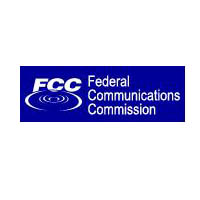  The spectrum crunch in India is well known to the world as the issue is considered to be one of the biggest bottlenecks in delivery of services and future growth of mobile services especially in cities in the country. But before one pushes off this issue as prevalent in developing country, the scenario in world’s most developed and powerful economy, the USA is also heading towards a similar chaos ecosystem.
The Chairman of the Federal Communications Commission (FCC), the regulator for communications industry in the USA, Julius Genachowski warned on Wednesday that there is a spectrum crisis looming over the USA if the government fails to provide a clear cut road map particularly for the broadband and related services. "I believe that the biggest threat to the future of mobile in America is the looming spectrum crisis," said the Chairman. The Chairman interestingly termed spectrum as the oxygen for mobile networks.
The Chairman tried to assure the industry players by saying that the regulator is working towards closing the gap between demand and supply related to spectrum. For this the regulator is reviewing the existing policies and exploring if existing spectrum can be used for other purposes. Additionally the regulator will encourage development of new technologies which use spectrum more efficiently.
"We must identify spectrum that can best be reinvested in mobile broadband," said the Chairman.
In USA with the introduction of 3G and smartphones such as iPhone, BlackBerry and Palm, there has been a surge in wireless data traffic which effectively is putting a strain on the networks of service providers. He admitted that while the government is tripling the amount of spectrum, the industry demand is for as much as 30 times.
In USA, AT&T alone has witnessed 5000 times explosion in wireless data traffic since introduction of iPhone. "We're seeing a disproportionate number of users driving consumption," Ralph de la Vega, AT&T Mobility president, said at the conference. "If we don't find a way to keep them from crowding out others, we're going to have a very significant issue."
The AT&T spokesperson said that the top 3 percent of its smartphone customers were responsible for 40 percent of data usage, consuming 13 times more than the average smartphone user. |